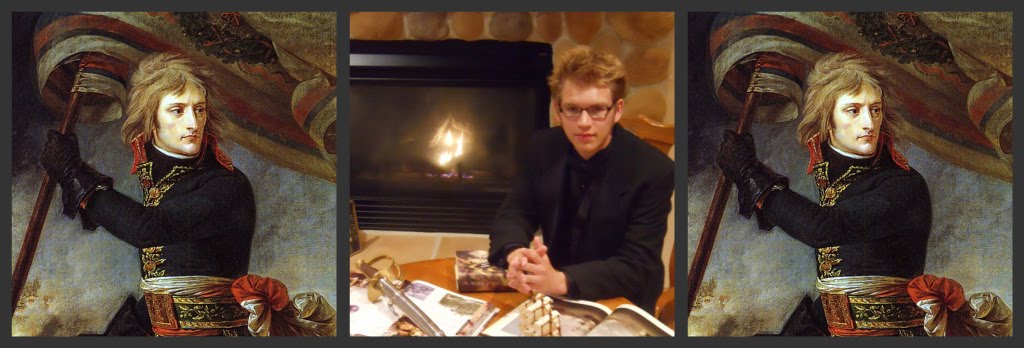Although a wonderful musical, Andrew Lloyd Webber's Cats remains ambiguous in much of its subject matter. Not surprisingly, this ambiguity is present in our first Napoleon Sighting as well. The following are some of the lyrics from my favorite piece from the work, "Macavity":
Macavity, Macavity, there's no one like Macavity
There never was a cat of such deceitfulness and suavity
He always has an alibi and one or two to spare
Whatever time the deed took place, Macavity wasn't there!
And they say that all the cats whose wicked deeds are widely known
(I might mention Mungojerrie, Rumpelteazer, Griddlebone)
Are nothing more than agents for the cat who all the time
Just controls the operations
The Napoleon of Crime!
And there it is. Macavity, the only true villain of the show, is compared to Napoleon. Yet, is it a negative reference or a positive one?
Napoleon was often referred to by his fellow monarchs as the "Great Thief" or the "Great Usurper." They felt that, because he lacked any connection to the royal bloodline, he had stolen and usurped the French throne. They refused to accept the principle that a people ought to be governed by their collective choices. The overwhelming support for Napoleon's acquisition of the Imperial title did not matter to them; he was still a thief.
Yet, the song may also refer to the manifested qualities of L'Empereur. Macavity is the greatest criminal to grace the Jellicle world. And similarly, Napoleon possessed the skills needed to become master of Europe; he was the greatest monarch of his era, the Napoleonic Age.


No comments:
Post a Comment